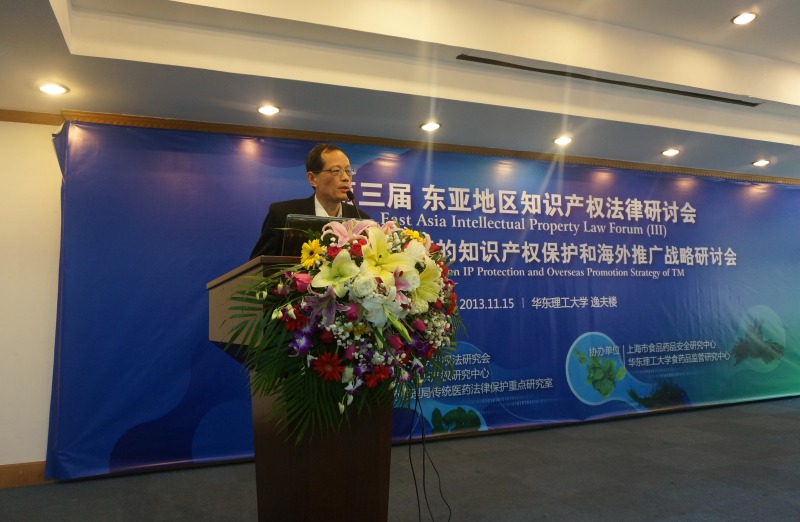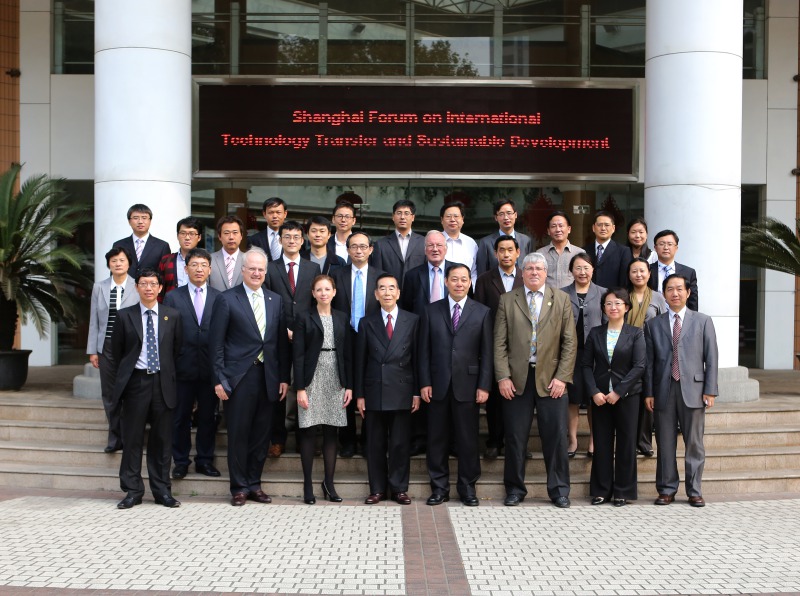The Chinese academy of thermal sciences released the detailed genome map of mango
Recently, the Chinese academy of thermal sciences and 10 other units have mapped the genome of mango at the chromosome level, and revealed the evolution mechanism of mango species and the domestication history of cultivated varieties at the genome level.
Mango germplasm resources are abundant, but the utilization of mango resources in modern breeding practice is very limited. For a long time, mango breeding mainly relies on the methods of seed selection and cross breeding, with long breeding cycle and many limiting factors. The analysis of mango genome will open a new window for the study of mango germplasm resources and its molecular design and breeding. In 2014, the Chinese academy of thermal sciences launched the genome analysis study of mango, and after years of efforts, a major breakthrough has been made.
The team obtained the detailed genome map of the traditional mango variety Alfonso by deep sequencing and assembly. To the analysis of the result of the assembly and annotation, the results show that happened near the mango ancestors 33 million years ago in whole genome duplication event, and copying after double copies of the gene, the gene is associated with energy metabolism selectively retained, these genes may be for the period of mango sharply reduce atmospheric Co2 concentration and global cooling provides an adaptive advantage.
Meanwhile, the team found that a family called CHS may be involved in urushiol synthesis. Urushiol is a unique substance in the species of lanceolaceae such as mango. This discovery will provide the basis for elucidating the molecular mechanism of urushiol synthesis. The project also resequenced 48 mango varieties and four related species of the same genus.
Source: http://www.xinhuanet.com
Time: 2020.03.27
next:The Chinese academy of thermal sciences released the detailed genome map of mango


